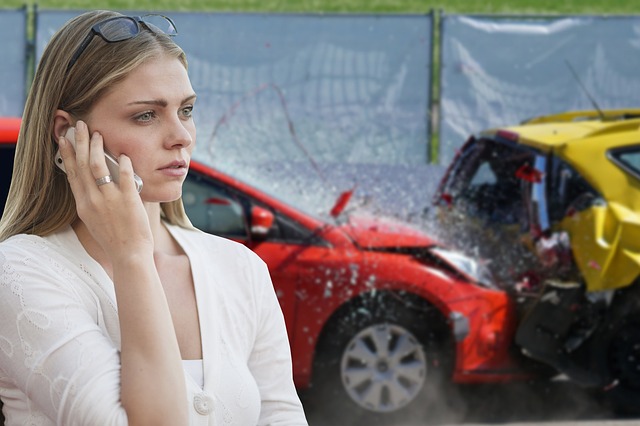Car insurance provides financial protection in case of a loss. It covers the costs of other people’s injuries and property damage and protects the value of your vehicle in the event of an accident.
But it’s important to know what you’re getting into before making changes to your policy. You may be missing out on valuable coverages, like a disappearing deductible, or saving money that could better go toward your debt snowball or emergency fund.
Accidents
Whether your state requires it or not, having a good car insurance policy provides financial protection in the event of an accident and helps prevent injuries and other damage. Aside from the minimum liability coverage required by most states, you can choose additional types of coverage like collision and comprehensive. You can also opt for personal injury protection (PIP), which pays medical bills for you and your passengers, and uninsured motorist coverage that reimburses you when another driver without car insurance hits you.
Now, what Is car insurance? Car insurance is a means for you to be prepared to pay for any costs that arise should you cause someone harm while driving or damage their property. Auto insurance may offer assistance if you are wounded and need medical care.
While no one wants to think about getting into a car accident, the reality is that it can happen anytime. Accidents can cause significant physical injuries and substantial financial expenses. Good car insurance policies can help you manage the fallout of an accident by covering costs like vehicle towing, repairs and replacements, and negotiated settlements with other drivers or property owners involved. In addition, a policy can cover your losses in the event of theft or vandalism.
Third-Party Liability
Cars and other property can sustain damage in an accident serious enough to cost thousands of dollars. It can also result in medical bills and lost wages, which can strain any budget. This is why it’s essential to protect yourself and your family with mandatory third-party liability coverage, direct compensation property damage coverage, and uninsured/underinsured motorist coverage.
These are all mandatory parts of any car insurance policy. In addition to these three parts, some drivers also purchase comprehensive coverage for protection against natural disasters like hail or fire or against theft and vandalism. This type of coverage typically costs more than the required minimum third-party liability and collision coverages.
But making what might seem like a minor decision to buy comprehensive coverage right now can pay off in the future when you need it the most. It can protect you and your family from the financial consequences of a severe accident that wasn’t your fault. And it can protect your vehicle even after the warranty expires. So, make sure you are covered by taking the time to review your options and compare quotes from multiple companies.
Comprehensive Coverage
Unless you have cash stashed away for the next car, most people need auto insurance to protect their financial investment. A severe accident can cost thousands of dollars in property damage and medical bills, risking your financial future. Insurance can help you pay for repairs and reimburse other drivers if you cause an accident.
Your coverage should include collision and comprehensive, protecting your vehicle against damage from theft, weather, or vandalism. Typically, you buy comprehensive and collision together. Some insurers also offer gap coverage, which pays the difference between what you owe on your car and its value after an accident. This type of coverage is popular on leased vehicles, where it’s often rolled into monthly payments.
Insurance companies review several factors when pricing rates vary by state and company. Some car insurance comparisons can help you find a good deal on auto insurance. In addition, you should always check a company’s financial strength ratings and customer complaint data before purchasing a policy. If you have questions, contact a local agent.
Liability Coverage
Liability coverage will pay for other people’s losses if you are at fault in an accident. If you cause a severe accident, damages can reach hundreds of thousands of dollars. Without car insurance, you could be sued and have your assets (including your house or savings) seized to cover the costs. Car insurance protects against financial loss and provides peace of mind if you are at fault in a severe crash.
Comprehensive coverage pays for damage caused by non-collision events like fire or theft. It also includes medical payments or personal injury protection, which covers injuries to you and your passengers. It’s usually sold with collision, which covers damage to your vehicle in a crash. Lenders often require collision and comprehensive if you’re leasing or financing a car.
While paying for car insurance can seem like an extra expense, it can lead to long-term savings by protecting your finances against expensive out-of-pocket expenses. By understanding your policy options, shopping around, bundling policies, and increasing deductibles, drivers can maximize the value of their auto insurance.









